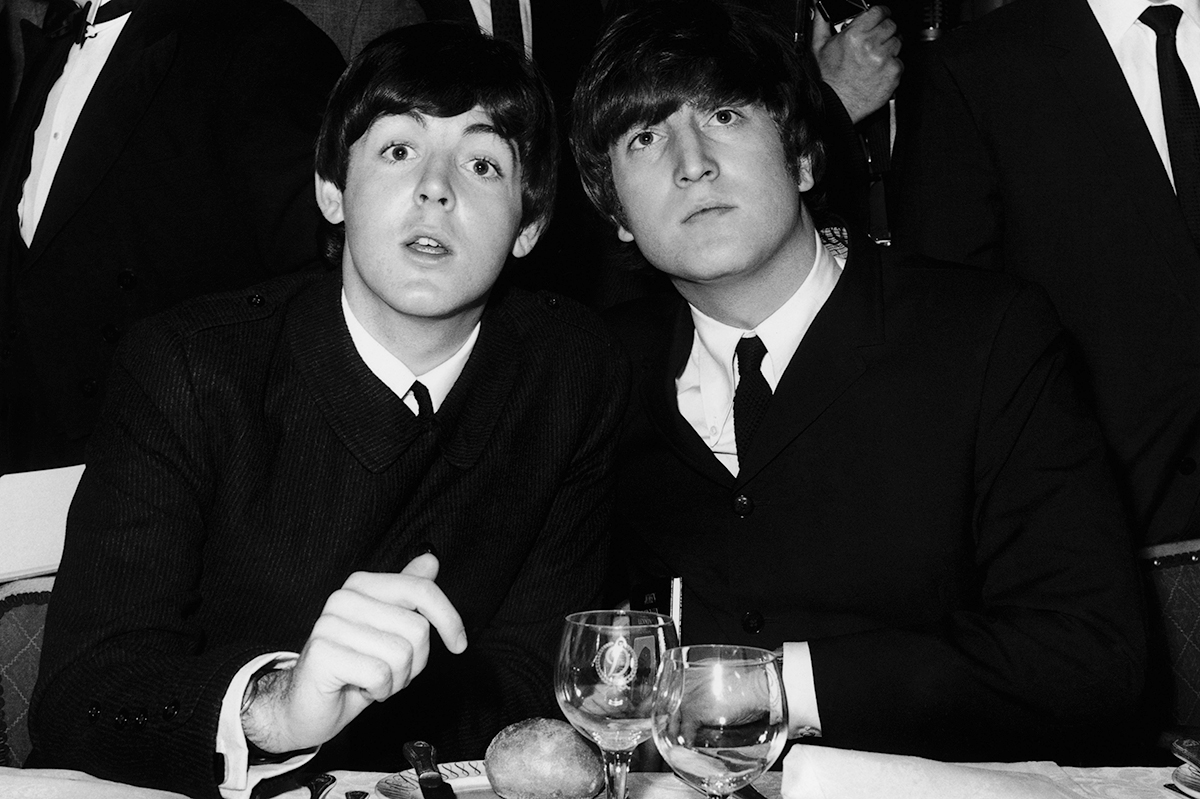There is a strange rule in contemporary Hollywood that filmmakers ignore at their peril: biopics might be a popular dramatic form for directors, but they tend to be of little interest to audiences. In the past year alone, the likes of Napoleon, Ferrari, Maestro and Golda have all under-performed commercially, demonstrating that however accomplished the filmmaker (including the Oscar-nominated likes of Michael Mann, Ridley Scott and Bradley Cooper), it is nearly always a non-starter to attempt to persuade viewers to spend their $15 on watching someone’s life story for two hours at the cinema. Oppenheimer proved to be a rare exception — though that’s far from the only way in which Christopher Nolan is exceptional.
There is however one way to buck the biopic bomb trend — and it has been demonstrated once again over the past week with the success of Bob Marley: One Love, a new biopic of the legendary reggae singer that stars British actor Kingsley Ben-Adir as Marley, alongside Lashana Lynch as his wife Rita and James Norton as his record producer Chris Blackwell.
On paper, it sounded like a faintly dubious commercial proposition; Marley is undoubtedly a vastly significant figure in the reggae industry, but since his death in 1981, he may not obviously be of abiding interest to younger people whose musical tastes run to hip-hop or Taylor Swift. Ben-Adir, fine actor though he is, is not a box office draw, and the director Reinaldo Marcus Green was previously best known for his Williams family biopic King Richard, which was both (predictably) a box office flop and overshadowed by its star Will Smith becoming pugilistic with Chris Rock shortly before winning Best Actor at the Oscars.
Nevertheless, One Love overcame some indifferent, even hostile, critical reviews to achieve a remarkable box office victory last week, earning a total of $51 million in six days in the United States alone. With this result, it should easily hit the $100 million mark in a week or so, and continue to climb and climb, establishing itself as a bona fide hit. Its competition, another failed Sony/Marvel would-be franchise starter in the form of the idiotically named Madame Web, has flopped, indicating that audiences are not only sick of superhero pictures, but that the cynical fashion in which they have been forced on viewers for years is now floundering.
This is in direct opposition to the success of the music biopic, which has seen the likes of Elvis, the Elton John picture Rocketman and — above all — the Freddie Mercury fantasia Bohemian Rhapsody make vast amounts at the box office over the past few years, in addition to being either nominated for or winning vast numbers of awards.
It is not hard to see what the appeal of these films is to audiences. The songs featured in them are universally popular and famous, their lead characters already iconic and the opportunity for an up-and-coming actor to become a star is unmissable. Before their appearances in the films, Austin Butler, Taron Egerton and Rami Malek were hardly household names, but now they are all A-list stars. Ben-Adir will surely be hoping for the same after his charismatic and even uncanny performance as Marley; it is undoubtedly deserved.
There are more to come, naturally. Sam Taylor-Johnson’s Amy Winehouse biopic Back to Black features what is said to be a similarly star-making performance by Industry’s Marisa Abela as Winehouse, and Timothée Chalamet, fresh from his performance as Willy Wonka, will portray another eccentric song and dance man as Bob Dylan in next year’s A Complete Unknown. Most intriguing of all, perhaps, is the Pharrell Williams biopic Piece by Piece, told through the medium of computer-animated LEGO; proof that a genre often pigeonholed as conservative and box-ticking can have its own wild flamboyance.
There is, of course, one totemic musical figure who has never been depicted in any satisfactory way in a biopic, and that is David Bowie. He appeared in fictitious, heavily disguised form in Todd Haynes’s ambitious but unsuccessful Velvet Goldmine (which Bowie loathed and refused to sanction the use of his music in, forcing Haynes to commission bands to come up with Bowie-a-like songs, which worked better than the rest of the film) and recently “starred” in Brett Morgen’s wildly ambitious Grammy-winning documentary Moonage Daydream. Still, the thought of an actor playing him — and his multiple personae — seems almost a step too far, even if the notoriously protective Bowie estate would sanction such a thing. However, with the box office success of One Love, perhaps such a film (presumably called Starman) has come a step closer to reality. That would be a dream come true for Bowie’s millions of admirers — assuming, of course, that it wasn’t botched.






















Leave a Reply